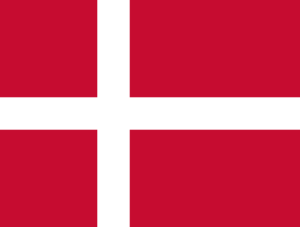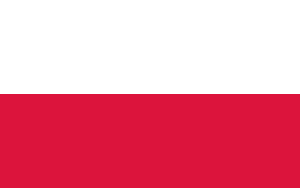Hungary is a 9.71 million population landlocked country, bordered by Slovakia, Ukraine, Romania, Serbia, Croatia, Slowenia and Austria. Most of these states belonged until 1918 to the Habsburg empire. Since May 1st 2004 Hungary belongs to the EU.
According to Eurostat data (2021) the number of people in Hungary experiencing, or at risk of poverty and social exclusion, is just under twenty per cent. Hungary therefore is in the mid-range compared with other EU member states. In Hungary, almost one million people earn less than HUF 100,000 (approximately €260) per month.
In the aftermath of the global financial crisis, while non-performing loans increased significantly in Hungary, large scale debt consolidation programmes were launched, however these did not apply to the most vulnerable debtors. These programmes enabled non-delinquent debtors to repay their debt in a lump sum which significantly reduced debt repayments for debtors who would have otherwise defaulted.
Research completed in 2022 (Dobránszky-Bartus) demonstrates the complexity and precariousness of living with over-indebtedness in Hungary. Interviewees were trying to live in the shadows of the state and institutions to avoid repayment of debt that they could not afford.
Many of them have several foreclosures in progress. The most common are tax debts, child support, compensation, utility bills (this accounts for about a third of executions), telephone debts, and bank debts.
The Family Protection Service in Bankruptcy is a central body belonging to the Government Offices, which coordinates tasks related to the debt settlement of private individuals undergoing private bankruptcy. The regional branches of the service include Family Trustees, who play a key role in private bankruptcy proceedings. They are also assisted by a team of three members, who also have a high level of professional knowledge and expertise in legal, social, and economic fields and carry out administrative tasks.
The Hungarian National Bank (MNB) is the main provider of financial literacy. In order to improve the financial awareness of the adult population, the MNB developed its complex information system called Financial Navigator, which is aimed at providing credible and accessible information to wide sections of society. In addition to the website of the MNB Financial Navigator Programme, the Financial Navigator Consulting Office Network, financed and professionally supervised by the MNB, has been operating since 2011 and serves approximately 20,000 clients annually, including those with debt problems. The consultants of the Office Network provide clients with a free, professional service that is independent of the interests of market players and is available in all county seats. The offices are operated by civil organisations that have a contractual relationship with the MNB.
The MNB’s important professional partners are the Magyar Máltai Szeretetszolgálat Egyesület, (The Maltese Charity Association), whose main profile is the protection and restoration of the financial balance of cumulatively disadvantaged households. But the services of the National Bank of Hungary and the Máltai Szeretetszolgálat do not focus on debt advice.
There is no established debt advisory network in Hungary. Due to the PEPPI project Hungarian individuals have now access to debt advice information by https://www.adossagtanacsadok.hu



